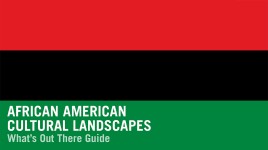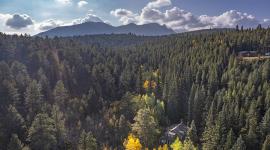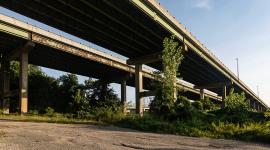Race and Space: Revealing More Stories
The Cultural Landscape Foundation’s (TCLF) Race and Space initiative, launched in 2020, is part of the broader national conversation about equity and racial justice and reflected in all the foundation’s programming. Through What’s Out There, Pioneers, Landslide, and the Cornelia Hahn Oberlander International Landscape Architecture Prize, TCLF is revealing and elevating stories of underrepresented landscapes, lifeways, designers, and more.
Supported by grant funding from the National Endowment for the Arts, TCLF has begun expanding the What’s Out There database to add cultural landscapes and designers representing marginalized communities. The database currently includes more than 2,500 sites, 1,100 biographical entries, and 12,000 images. Among the entries are some three dozen newly-added landscapes associated with Black, Latino, Native peoples, and other underrepresented populations, and pioneering designers like Hilyard Robinson, Edward Lyons Pryce, Anne Spencer, and more.







